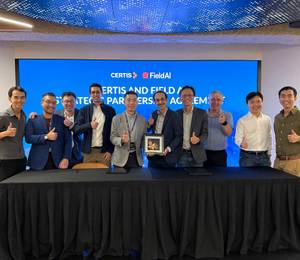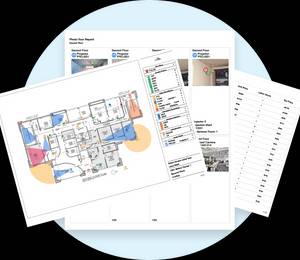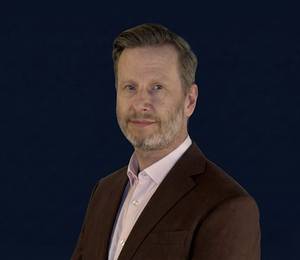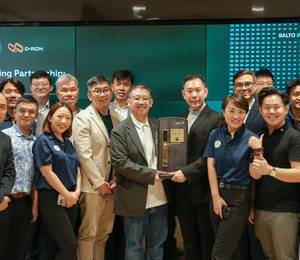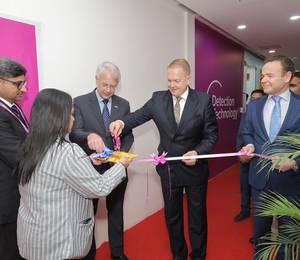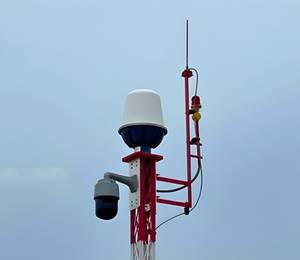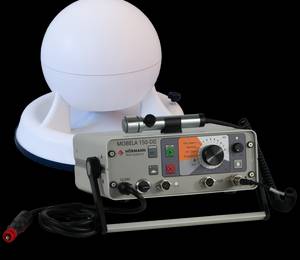Surveillance Camera Commissioner Tony Porter has written to police chiefs warning that use of facial recognition technology poses a grave risk to our privacy – and threatens to undermine public trust in the police.
But facial recognition could ultimately give the public more, not less, confidence in law enforcement. This advanced technology forms part of a new era of artificial intelligence (AI), a whole different world that could accelerate our understanding of people’s behaviour and, crucially, identify criminals quicker than ever before.
But, as a famous Hollywood philosopher once said: “With prodigious potential, comes prodigious risk”. AI is always going to run faster than the law can keep up with. It brings both morality and practicality issues into play, and it’s something that’s unavoidable.
The police can blank out and ignore innocent people on the one hand, and focus on people that pose a real risk on the other
Whether we like it or not, we are about to enter a new revolution that will have a more profound impact than the industrial revolution. So rather than pointing at the legal implications all the time, we should be exploring ways to make AI work for everyone.
We should look at facial recognition and AI in general as a route to improving privacy rather than reducing it, while at the same time enhancing the effectiveness of such systems. It’s quite possible to achieve both.
The police can blank out and ignore innocent people on the one hand, and focus on people that pose a real risk on the other – therefore improving public confidence.
Granted, the technology is not perfect today, but it is getting there – fast – and it needs the support and direction of people like Tony Porter. It’s wrong to berate the police for using facial recognition technology when it ultimately points the way to a more effective and less intrusive way to fight crime and terrorism.
